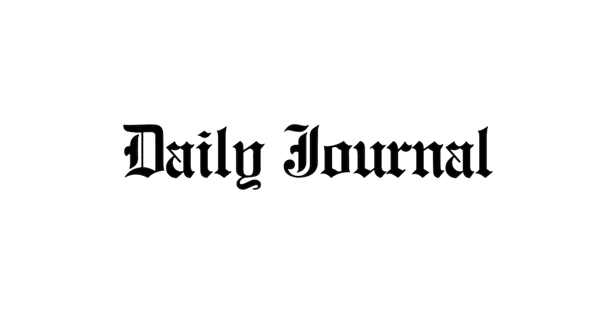
- Select a language for the TTS:
- UK English Female
- UK English Male
- US English Female
- US English Male
- Australian Female
- Australian Male
- Language selected: (auto detect) - EN
Play all audios:
What can individual researchers do for colleagues in Africa? Online Collection It is easy to be fatalistic about science in sub-Saharan Africa. Researchers there face so many systemic
problems — poor facilities, lack of funding, corruption and government instability — that it seems impossible for any single willing scientist in the developed world to make a difference for
their African counterparts. But as the stories and commentaries in this issue make clear, success can emerge from individual efforts, both from researchers in Africa and from those on other
continents. Physicist Neil Turok, while working in the United States eight years ago, established the African Institute for Mathematical Sciences (AIMS) in Cape Town, in his homeland of
South Africa. The institute is now expanding, with centres in other nations (see page 567). Wole Soboyejo, a engineer at Princeton University in New Jersey who grew up in Nigeria, is helping
to run the African Institute of Science and Technology in Abuja (see page 556). And Romain Murenzi, executive director of TWAS, the academy of sciences for the developing world in Trieste,
Italy, is building up science in Africa and elsewhere; the academy gives out more than 300 fellowships each year to young scientists from the developing world (see page 543). Scientists in
wealthy nations can also make an impact with smaller contributions. For as little as US$4,000, a university department in Europe or the United States could host an academic from Africa for
two weeks. The scientist could attend a major conference, spend time in labs and build collaborations. Bringing the same researcher back every year for five or ten years would lead to a
lasting alliance, without contributing to the brain drain that siphons so many African scientists away from the continent. For $10,000, a department or university could pay a
scientist's tuition fees at AIMS in South Africa or at its new institute in Senegal for one year. Researchers can also make regular visits to peers in the developing world to give
lectures, mentor students and develop joint projects. And when they return home, they can help out materially by sending used equipment to developing nations through organizations such as
Seeding Labs, based in Cambridge, Massachusetts. Scientific societies and publishers can do their part by providing free or reduced-cost access to journals, as Nature Publishing Group does
through its partnership in the Research4Life programme. (The Africa-related content of this issue is free to all readers for the next month.) In the long term, help provided to the continent
must be sustained and scientists in Africa must be treated as real collaborators, rather than just recipients of aid. The Swiss Centre for Scientific Research in Côte d'Ivoire provides
a good model. It began as a Swiss field station, but has evolved over 60 years to become a research centre led by local scientists (see page 569). None of this outside aid can truly help
without sustained support for science from nations within sub-Saharan Africa. There have been far too many promises and not enough real action. For five years, Nigeria's government has
been promising to establish a $5-billion endowment to set up a National Science Foundation for funding peer-reviewed research, but the oil-rich nation has yet to come up with the money. In
2006, Uganda won $30 million in low-interest loans through the World Bank's Millennium Science Initiative, and has used that windfall to fund research grants. With the money running
out, the country declined an opportunity to seek more loans, and promised to support the research projects on its own. But Uganda's latest budget did not include such funding. Rwandan
President Paul Kagame has repeatedly pledged to increase funding for science and technology to levels far above those of other African countries, but his latest budget announcement does not
seem to match those goals. If African nations fail to recognize science and technology as core parts of their future development, and continue to deny long-term funding for research, outside
efforts to help will flounder, and Africa's brightest students will keep heading for distant lands. RIGHTS AND PERMISSIONS Reprints and permissions ABOUT THIS ARTICLE CITE THIS ARTICLE
A helping hand. _Nature_ 474, 542 (2011). https://doi.org/10.1038/474542a Download citation * Published: 29 June 2011 * Issue Date: 30 June 2011 * DOI: https://doi.org/10.1038/474542a SHARE
THIS ARTICLE Anyone you share the following link with will be able to read this content: Get shareable link Sorry, a shareable link is not currently available for this article. Copy to
clipboard Provided by the Springer Nature SharedIt content-sharing initiative









